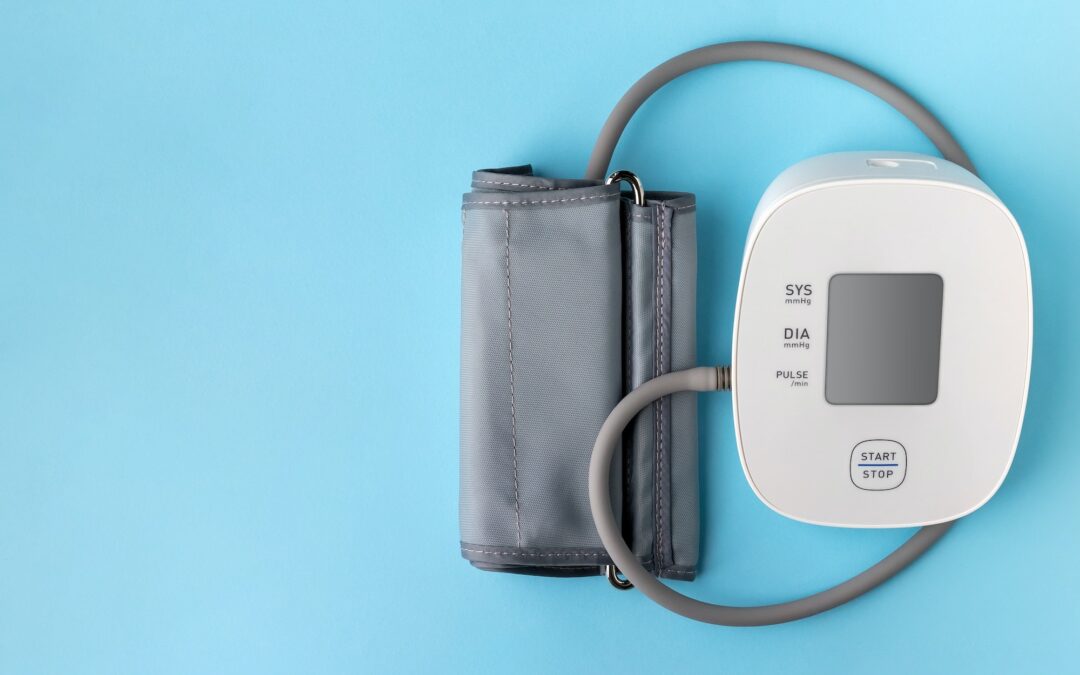There are various l-arginine supplements on the market, but what is l-arginine good for? Learn about its benefits, safety, side effects, and more.
L-arginine is a semi-essential amino acid that helps build protein and serves other functions. While the body typically makes all the necessary l-arginine you need, you can also find it in protein-rich foods like fish or whole grains.
In cases where you have an l-arginine deficiency or where you want an extra boost to your health, you can take oral supplements or use topical supplements. Due to its effects as a vasodilator, many people take these supplements to help with heart conditions and circulation issues like erectile dysfunction (ED).
 L-arginine Benefits
L-arginine Benefits
One of the most common uses for l-arginine supplements is to help with cardiovascular conditions like high blood pressure. Some studies show that oral l-arginine may lower blood pressure. In fact, a 2016 review of seven studies found that l-rginine supplements may significantly reduce systolic and diastolic blood pressure in adults with high blood pressure.
Research also shows that l-arginine may be helpful for specific conditions including angina, preeclampsia, erectile dysfunction, and peripheral arterial disease (PAD). In other words, if you’re looking to supplement your condition’s treatment with l-arginine, you may experience beneficial results.
L-arginine Side Effects
It is generally safe to use l-arginine for lowering blood pressure, reducing PAD and angina symptoms, and treating ED. However, you should discuss with your doctor if it’s safe to take these supplements as they may interact with your current medications.
Some reported side effects of l-arginine use include nausea, bloating, diarrhea, gout, headaches, allergic response, airway inflammation, and worsening of asthma symptoms. L-arginine may also trigger the virus that causes cold sores and genital herpes. It’s not recommended that people who have had a recent heart attack take l-arginine supplements as it may increase the risk of complications.
L-arginine Interactions
It’s important to talk with your doctor before adding any supplements to your routine as they may interact with your current medications. In the case of l-arginine, supplements may interact with anticoagulants, anti-platelet drugs, and blood pressure drugs. They may also interact with diabetes drugs, isoproterenol, nitrates, water pills, and sildenafil. Lastly, l-arginine may also interact with herbs and supplements related to any of the above.
Taking L-arginine Supplements
 If you’re looking for a way to give your heart health an extra boost, then taking l-arginine supplements may help. One of the most popular l-arginine supplements is L-arginine Plus due to its effectiveness.
If you’re looking for a way to give your heart health an extra boost, then taking l-arginine supplements may help. One of the most popular l-arginine supplements is L-arginine Plus due to its effectiveness.
Its ingredients promote circulation, blood pressure, cholesterol, and overall heart health. While taking L-arginine Plus, also remember to practice healthy lifestyle habits and follow your doctor’s guidelines. While you don’t need a prescription for L-arginine Plus, making sure it won’t interact with your current treatment is very important. To learn more, read our L-arginine Plus reviews and find out if it provides the benefits you need.


 L-arginine Benefits
L-arginine Benefits